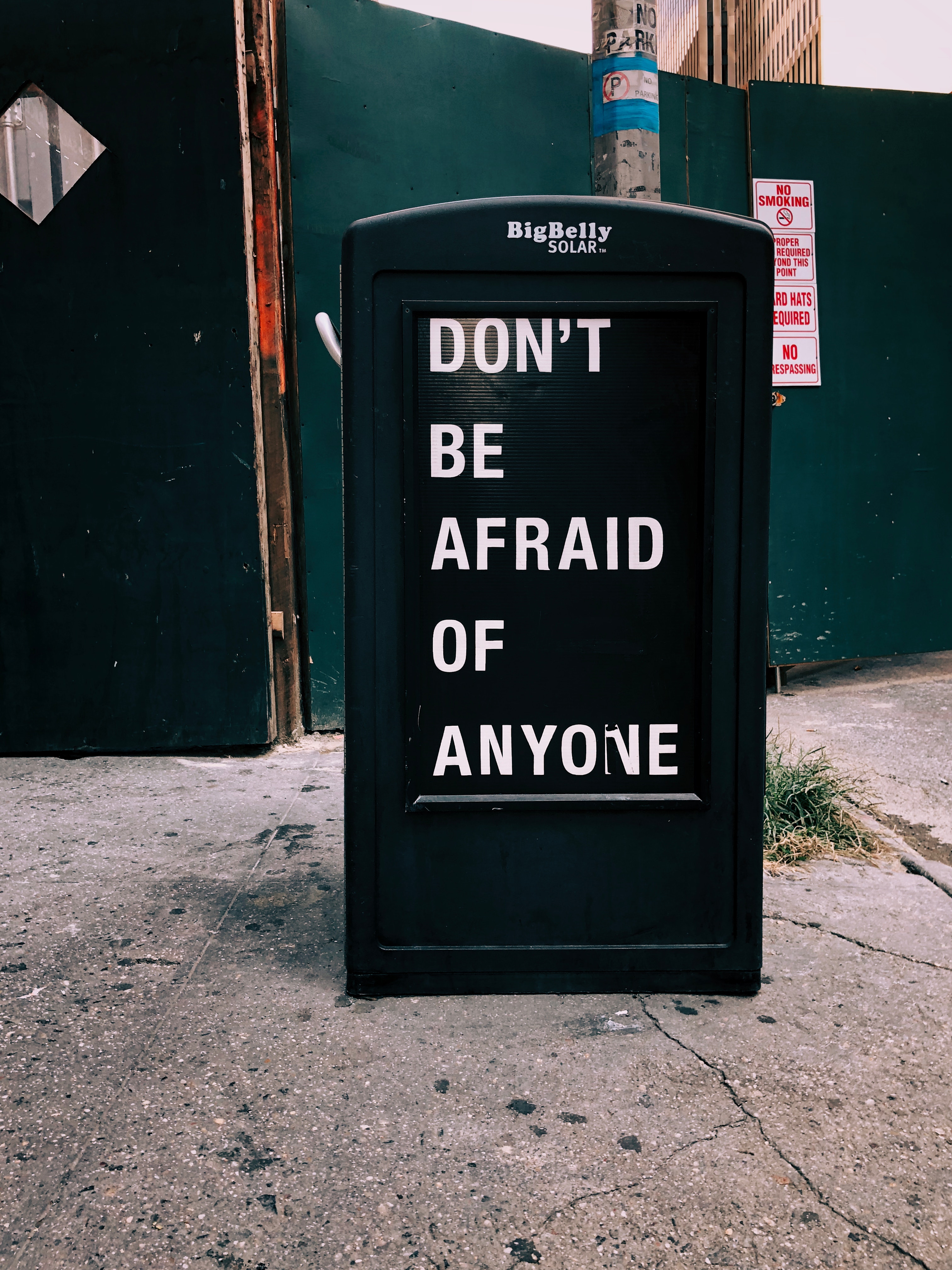Many of my clients ask "Are there good questions to ask at a job interview?" Think of it like this: job interviews are a two-way street. It's not just about the interview questions they ask you, or what they think of you, but how well your prospective employer matches up for you. So there is a point, usually toward the end of an interview, when the tables are turned and the interviewer asks "Do you have any questions?" It's time to see this as an opportunity for you to figure out whether you would be happy in this role, working for this employer and whether the company goals over the coming years are aligned with your career goals.
Asking questions for the sake of it, because your questions can make or break the interview for you. If they're not well thought through or rehash something that has already been addressed this can do more harm than help, so asking engaging, smart questions - good questions to ask at an interview - is mission critical.
It's also a good opportunity to assert yourself from what could be interpreted as a submissive position, because asking good questions completely alters the dynamic of the interview and therefore the interviewers perception of who you are and what you are about. Up until this point, the interview will have been about them finding out about you, so now the tables are turned you have the opportunity to delve into what could be pretty important details about them. Not only that, it's expected. If you don't prepare some good, searching questions to ask at interview, you may appear disinterested or less engaged and intelligent than your competitor applicants.
Great Preparation for your Job Interview is EVERYTHING
Prepare most questions than you think you will need. If the interview is going well, it may be more like a conversation, in which case some of your pre-formulated questions may have already been addressed. I usually advise clients to have at least four up their sleeve. Think carefully about what you want to ask and be careful to avoid questions that may lead the interviewer in a direction that you don't want them to go.
Here's 21 great job interview questions that you can ask. They'll help you look smart, assertive, intelligent and engaging.

- Have I answered all of your questions?
This is a smart and assertive move, because it give the interviewer the opportunity to go back over something they'd like you to elaborate on. You might say something like "I do have some questions, but before get into those, I was wondering if you'd like me to explain anything in more detail or give more examples."
- What do you like most about working for this company?
A great question because it gets you on a level of the interviewer whether they are HR, talent acquisition, hiring manager or CEO. Interviewers, like everyone else like to talk about themselves and their home ground. It also helps reveal some of the back story that you might have missed in the rest of the interview.
- What do you see as the challenges of this role?
This is a good conversation opener which will help you level with the interviewer and importantly get behind the reality of the role.
- What qualities are the most important for succeeding here?
This indicates your level of commitment to the company and your future in it. The hiring process tends to be time and emotional energy consuming, so this is something that interviewers really want to see from you.
- Where do you see the company in 3 years and how would the person in this role contribute to that?

This is a good 'big-picture' question and that you want to pay a serious part on the company's success. It shows that you're not in the business of turning up at work and just doing a job, but making a contribution.
- What’s one of the most interesting projects you’ve worked on at this company?
This is a clever question to start a conversation rather than a series of questions from the interviewer. If they’re good, they will reflect on the things that they’re really proud of.
- What do like about working at [insert company here] the best?
A good question to get in early. It creates a sense of peer to peer conversation, whilst at the same time give the interviewer the opportunity to talk about what they like and the things they know well. Always a winner.
- Could you describe the culture at [insert company here]?
Such a good question. This will give you a good ideas about how important people are considered to be.
- How is success measured at [insert company here]?
This question will give you great insight into what makes for a happy and successful career at the company and whether the values and style of the company fit with your own.
- I have been reading all about the CEO of [insert company here] in [insert publication here]. Can you tell me more about their aims and ambitions?
Not only does this show that you are interested in the leadership of the company, but also that you’ve done your homework. It will help put you ahead of the competition.
- Is this a new role? If not why did the incumbent leave? If not, what led to the role being created?
This shows that you have the courage and maturity to ask what some might see as potentially tricky question. It may be that the incumbent was promoted, or that the company recognizes that developments in the market means that it needs to review its approach. Both positive.
- What are the challenges that your company faces at this time?
A great conversation starter as it will give you an insight into the interviewer’s perspective on the company and the market. This will leave you with some interesting possibilities to develop as a way to showcase your experience and flair.
- Where do you see [insert company here] in 5 years from now and how do you see this role contributing to that?
A great interview question, because it illustrates that you are both strategic and ambitious and that you know you’re going to make a significant contribution wherever you land.
- What kind of people tend to do well here? What are the qualities single out the people who succeed?
A question like this shows that you are committed to doing well at the firm and at the same time helps you decide if you will be a good fit for the position.
- How do you support people in professional development and growth?
The hiring process is both time consuming and emotionally tiring, so this shows that you are committed to the company for a decent amount of time, and grow inside the company.
- What's your staff turnover rate? What steps does the company the to reduce it?
Proceed with caution. It is a good question, because it illustrates you know how important making a great hire is. It also gives you very good insight into the kind of company this is and what people like about working in it.
- Is there anyone else that you’d like me to meet as part of the interview process?
Good organizations will value team building and will want you to meet with peer collaborators and team members. Also helps you manage the interview process and your position in it.
- What are the next steps before the company are able to generate an offer?
It's an important question, that a surprising number of candidates don't ask. Asking about an offer, rather than a decision levels the playing field and is respectful, giving you a better sense of timelines - along with a graceful air of control.
- Would you like me to expand on anything I’ve said, or points that I’ve highlighted on my resumé?
Interviews don’t always go to plan for the interviewer, so this question might really be appreciated as it will help them pick up on anything that might have been navigated away from.
- Is there anything else you'd like from me that would help your decision?
A nice, simple, polite question that also will give you the comfort that you've given yourself every opportunity in the process.
- When can I expect hear back from you? What are the next steps for making a decision?
Apart from illustrating that you are eager to hear from them and creating a little bit of urgency around it, the response to this question will also help you plan a strategy in terms of following up.
Philip Browne accelerates successful executives by coaching them to find and pitch for top roles.





